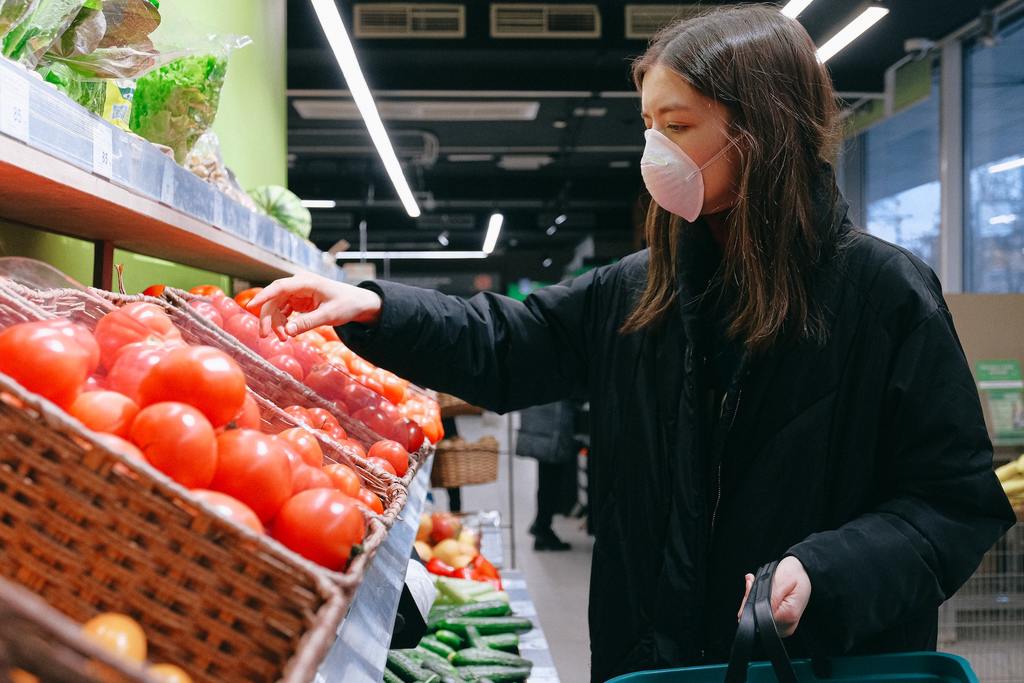Should Immunocompromised People Continue to Wear Masks?
The short answer is: Yes.
Masks are our number one defense against the coronavirus and other respiratory illnesses, and while catching a COVID-19 variant at this stage in its evolution may not be as detrimental for most, immunocompromised individuals carry a higher risk than others.
Immunocompromised populations are ones who have inherited or acquired immune deficits, such as through chronic illnesses or genetics, making them more susceptible to infections, diseases, or any other health problems.
Around 3% of Americans have a weakened immune system, including those who have received an organ transplant for example, or those suffering from cancer, HIV, multiple sclerosis, and others.
In this article, we'll cover why should immunocompromised still wear masks and address common questions about the best ways to stay protected.
What Happens if Immunocompromised People Catch COVID-19?
During the pandemic, disease control experts warned that immunocompromised individuals are highly vulnerable to severe consequences if they contract COVID-19, as their weakened immune systems struggle to combat the infection.
The immune response can lead to a potentially harmful "cytokine storm," where an excessive release of infection-fighting proteins may damage organs and tissues, increasing the risk of severe illness or fatality. This phenomenon is more likely in immunocompromised individuals due to their irregular immune responses.
To mitigate risks, those with weakened immunity should practice physical distancing, wear masks in indoor public transportation or occupational settings, and take other necessary precautions. It is crucial for family members, friends, and caregivers to also adhere to these measures to protect their immunocompromised loved ones.
Do Masks Weaken Your Immune System?
Absolutely not! This is a huge misconception, an especially harmful one for those who already have weaker immunities and need it most. Wearing masks is highly recommended as they act as a barrier to protect you from infections, and there is absolutely no evidence that suggests that mask wearing can make your immunity worse.
The misconception started out of what some call "Exposure therapy", or the idea that you need to fight lots of pathogens to make sure your immune system gets stronger, but actually by reducing the number of pathogens that your immune system has to fight off, you're giving your immune system a break and helping it function more efficiently.
What About Some Other Respiratory Conditions?
Immunocompromised individuals face an elevated risk of severe respiratory conditions beyond the spectrum of COVID-19. The influenza virus, recognized for inducing severe illness, poses a heightened threat to those with compromised immune systems, rendering them more susceptible to complications such as pneumonia, which is an infection that inflames the air sacs in the lungs and can be caused by various pathogens including bacteria, viruses, and fungi. Pneumonia tends to manifest more severely in immunocompromised individuals due to their diminished immune defenses.
Additionally, certain fungi can cause respiratory infections, posing a particular risk to individuals with weakened immune systems. This comprehensive understanding underscores the diverse respiratory challenges faced by immunocompromised individuals, emphasizing the importance of tailored preventive measures and vigilant respiratory health management in this vulnerable demographic.
What Are the Best Masks for Immunocompromised Individuals?
The key point here is simple - wear a high-quality mask.
The best masks for the immunocompromised population, and typically the best masks for most people to use to defend themselves from other respiratory illnesses are the N95 masks and KN95 masks.
Both N95 and KN95 masks are designed to filter out at least 95% of airborne particles, including the droplets that spread the COVID-19 virus. The only difference between the two, as far as the average person is concerned, is that they are regulated under different international standards.
Finding the Right Masks for You with WellBefore
Immunocompromised or not, face masks continue to offer valuable personal protection, but more than anything, the efficiency of a mask depends on many factors that you should look out for, with the most important being how it fits.
Wear a mask that fits tightly, sealing any gaps between the air and your face, but also wearing masks that fit comfortably. WellBefore offers a vast range of masks, including the N95, N99 and KN95 masks, in various sizes and adjustable features, with fast and discreet shipping!
